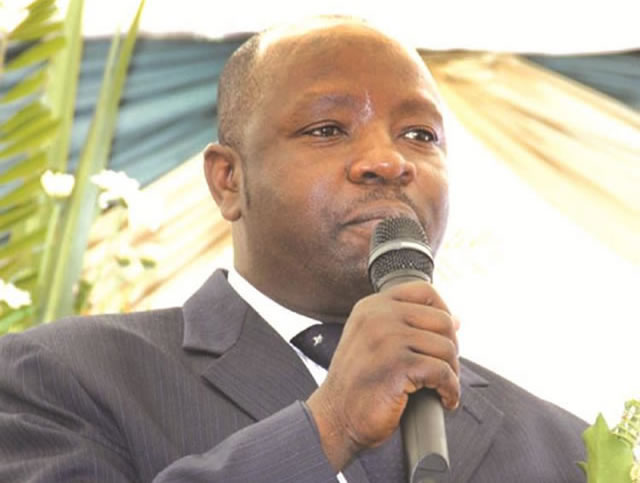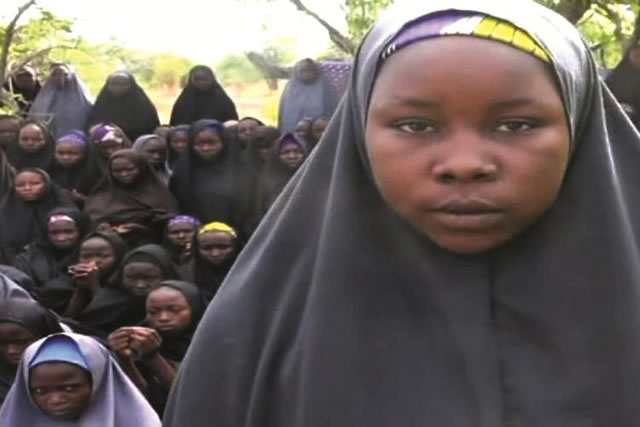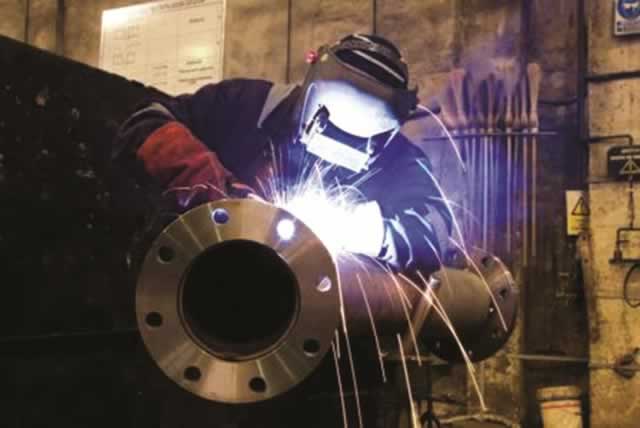Those in high-risk jobs should be paid more


Being a soldier is a matter of life and death, as these soldiers undergoing drills at Wafa Wafa in the Zambezi Valley will testify
There is always a risk associated with every job that a man undertakes, all in the name of getting something to sustain one’s family and fulfil life’s desires. In some instances, the risk is not by design and is unavoidable as it is the nature of the job.
Such risk factors include unhealthy working environments where a worker is exposed to contamination.
A good example is that of waste collectors employed by city councils.
In some occupations, the risk may include putting one’s life on the line, like soldiers do.
Some jobs expose workers to beatings and harassment by rowdy elements in any given society.
Even the so-called white-collar jobs are not immune. For example, many times journalists have been attacked while trying to cover stories of public interest which some people or interests wouldn’t want covered or exposed.
In war-torn countries such as Syria, Afghanistan, Pakistan, Egypt and other Middle East hotspots, journalists have been abducted or killed.
Locally, journalists have been beaten up for doing their job and one poignant example is that of a female photojournalist who was beaten by some apostolic sect members in Madziwa while trying to expose an illegal asylum for mental patients.
The patients were tied to trees during the rainy season at a shrine to deter them from running away.
Photojournalists are at more risk of attack when executing their duties because they are the ones who usually carry visible tools of the trade, such as cameras, while reporters can easily hide their notebooks and pretend to be just bystanders.
There is also an issue where riot police beat up or detain journalists covering demonstrations.
In some countries photojournalists can freely operate behind the police or under police protection when covering riots and at the end of the day such journalists receive bravery awards but here in Zimbabwe the journalist faces a double risk, that of being attacked by rioters and being beaten and detained by the police.
I recall running for cover from the police one day after taking photos of rioters at Harvest House and the police had the guts to enter the newsroom looking for me. Luckily, I had changed my shirt and hidden my camera to avoid being recognised and they could not identify me.
Police were doing their duty of stopping a riot and I was doing my duty of exposing the riot but then it seems they left the rioters and started chasing after me who was harmless to society.
To my surprise, the police hunted me down looking for photos of the riot so they could identify the rioters when in the first place they harassed the same person who was going to help them.
When it comes to covering political activities, journalists from media houses perceived in a negative light by a certain party are usually harassed or beaten up by party activists.
Labour laws must be reviewed to consider more rewards for workers who are exposed to higher risk.
In Western countries risky jobs such as waste collection are high paying.
The workers there earn more money than their white collar counterparts because of the health risk even though they will be wearing protective clothing and in such countries such menial jobs are also hard to find.
Soldiers all over the world are at great risk because unlike other professions or jobs where risk can be avoided or is minimal, theirs is very direct and certain. When one goes to war there are two things involved; it’s either one will die or will kill for them to survive. The risk factor here is unavoidable.
Coming to international haulage truck drivers, some companies give them risk allowances meant to compensate for the dangers they often face such as hijackings or breakdowns in the middle of nowhere.
Such incentives not only comfort the workers but also make them value the consignments under their custody.
Mine workers are at risk, too.
While their situation might be different from that of soldiers, they celebrate having their lives every day.
In the mines they go into daily the mine can just collapse on them and they are buried forever in a split second.
In mines, however, there are various safety mechanisms put in place to minimise the risk.
Security guards are also at risk of having the properties that they guard robbed and many times they are left battling for their lives by the robbers.
It is thus surprising that in some security companies they only give the guard a baton to protect property worth millions of dollars.
Surely, how do the authorities of those companies expect the guards to match robbers who are usually armed with pistols or assault rifles in extreme cases?
Prison guards who are entrusted with securing highly dangerous criminals are at high risk as well.
Imagine guarding someone awaiting the death sentence.
No one knows what that person will be thinking in his or her mind yet the authorities consider it like any other job.
It is a very tricky situation.
Construction workers like brick layers can fall off scaffoldings and the buildings will fall on them while they are constructing and they get injured or even killed.
Deminers, be they civilians or military personnel, are also at high risk of losing their limbs or even lives in the line of duty.
Firefighters are also at risk when they fight fires. They can easily get burnt in the line of duty and some even die while trying to rescue those trapped in fires.
Doctors can be exposed to a lot of diseases as they go on international missions, for example the deadly Ebola virus and mental patients who may sometime turn violent.









Comments